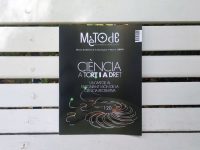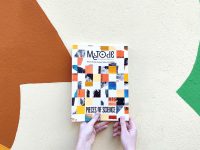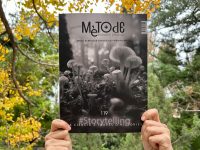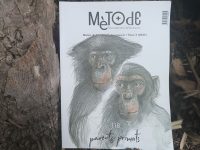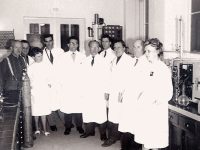‘Science and Nazism’, the new Mètode monograph
The monogaph sheds light on the involvement of science in the policies of the Third Reich.
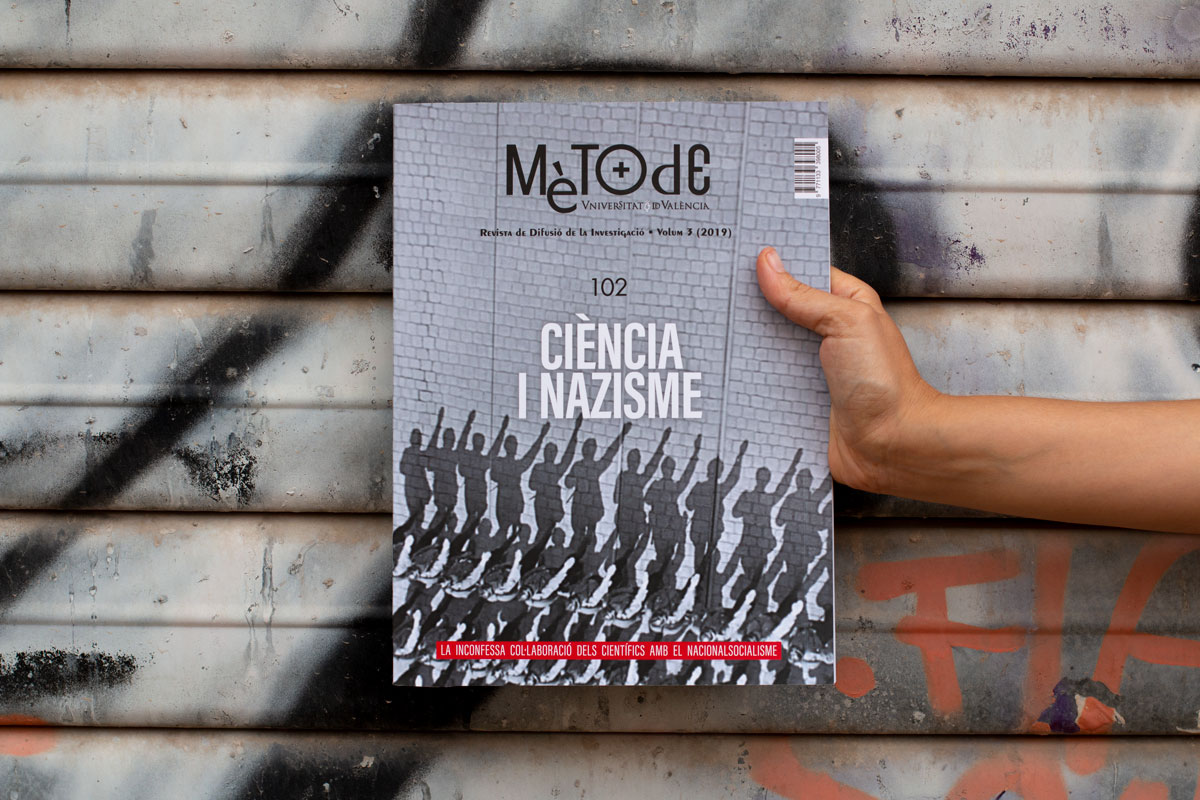
The possibility that science and ideology may be related has been extensively studied and commented upon by academics. Among these cases, the complicity between some scientists and National Socialism is perhaps the most singular. People like Konrad Lorenz, winner of the 1973 Nobel Prize in Medicine, have been the protagonists of some of the most important advances in the history of knowledge, and their contributions have remained in collective memory over and above their own defence and legitimisation of Nazi postulates.
«Science and Nazism: The unconfessed collaboration of scientists with National Socialism» is the title of the new Mètode monograph, the third volume published in 2019, a monograph that brings experts together to shed light on the involvement of science in the policies of the Third Reich, a movement that had the support of the academic world, contemporary scholars, and part of the scientific community. The first item is signed by Ute Deichmann, a specialist on the impact of ideology on science, a subject she develops to discover the main characteristics of the National Socialist period and of German scientists, as well as their consequences on anti-Semitism. Klaus Taschwer, scientific editor of the newspaper Der Standard (Austria), discusses Austrian academy, as well as the anti-Semitic persecution suffered by the University of Vienna. The writer and science communicator Phillip Ball recounts the attacks Albert Einstein received as a Jewish scientist, while Wolfgang Kophamel recovers the figure of ethnologist Franz Termer to review his work, which in the twenties already included ideas that would become the ideological basis of National Socialism. Likewise, the architect and PhD Unai Fernández analyses the scientific urban vision with which Germany legitimised its expansionist policy.
All in all, this is an overwhelming and necessary monograph, as coordinator Martí Domínguez, who is also the editor of the journal, explains. This is a volume to review the gray areas that are a part of the history of science, «these facts should alert us to the resurgence of totalitarian and far-right movements in the world, and thus redouble our efforts to combat them from the very first moment», he concludes. Accompanying these pages are works by artists such as Kandinski, Kokoschka, Emil Nolde, or Paul Klee, who were catalogued by the National Socialist regime as «degenerate art».
Digital future and chemical poetry, among the topics that complete the publication
This new issue of Mètode opens with three opinion articles: The first, by Christian Ingrao, coincides with the theme of the main monograph. The other two, on the other hand, celebrate the tenth anniversary of the Science Park of the University of Valencia. Mètode also wants to joins the celebration of the anniversary of the Periodic Table, which receives is internationally honoured in 2019, and we also take the opportunity to discover the origins of the chemical industry in another article. The magazine recovers the ‘Documents’ section with an essay on sustainability in the digital age, written by Rafael Capurro, and also includes two interviews: Gunnar von Heijne, secretary of the Nobel Committee for Chemistry, and Angela Saini, science journalist and writer. Some of the regular contributors close the issue with their sections, with a new section by Chantal Ferrer, director of the Department of Applied Physics and Electromagnetism of the University of Valencia, titled ‘Free fall’.

